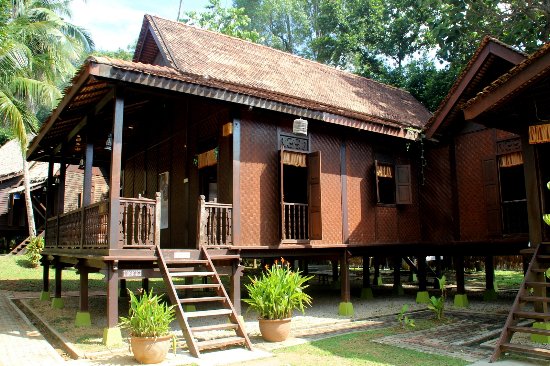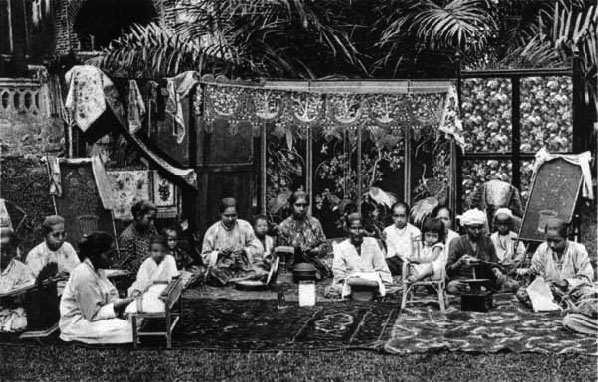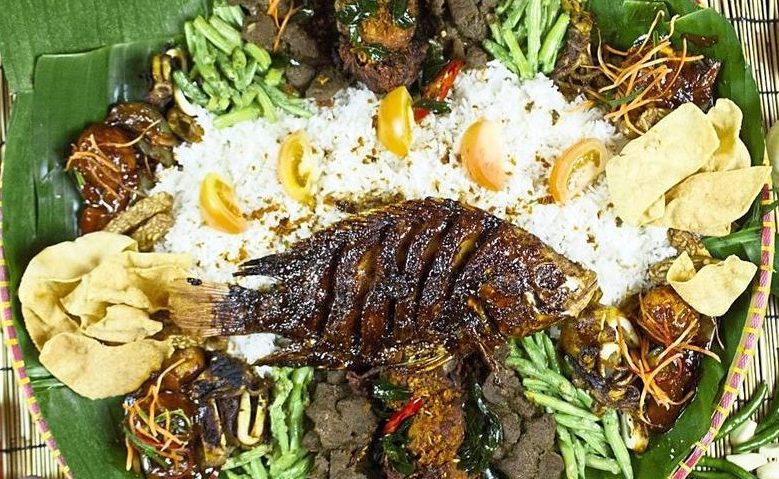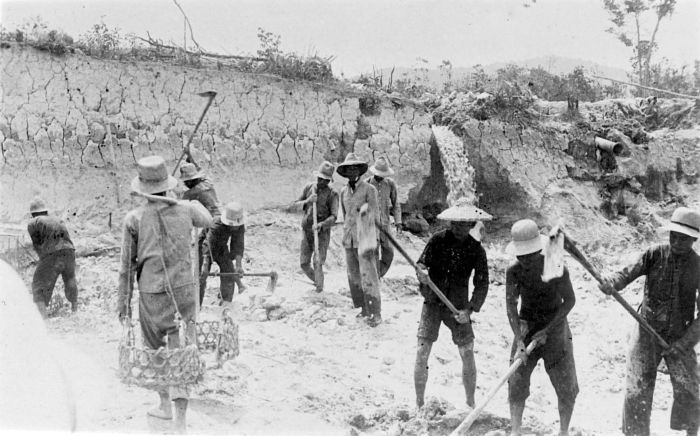Why the Malays are not grateful to the Chinese

And this is why the Malays do not understand why the Chinese expect them to be grateful to the Chinese. The Malays are puzzled why the Chinese talk as if they did the Malays a favour by migrating to Malaya in the 1800s. The Malays are perplexed that the Chinese keep saying they are the saviours of the Malays when the Malays did not ask the Chinese for any help. Do the Chinese not understand that the Malays were very happy with their lives and did not need any outside help to change or improve their lives so there is nothing to be grateful about?
THE CORRIDORS OF POWER
Raja Petra Kamarudin
The often-heard comment from the Chinese is that Malaysia is what it is today (meaning Malaysia has developed and progressed so well) because of the Chinese and if the Chinese had not come to Malaya in the 1800s then the Malays would still be living in trees and eating ubi kayu (tapioca).
The notion here is that the Malays are lazy and not clever enough to develop the country so they needed the Chinese to do the job. And if the Chinese had not done that job then the Malays would still be living in jungles and swinging from trees like Tarzan, surviving as nomads (called hunter-gatherers) by pulling out ubi kayu from the ground for nourishment.
First of all, this is a very weird interpretation of history, sociology and anthropology. That description of Malayan history is very racist. It is like how the British viewed the Indians of British India: that black skins are not clever enough to manage a country and only white skins can do that job simply because white skinned people are more superior than black skinned people.

The Malays loved their kampong and did not ask the Chinese to come to Malaya to build dirty and smelly towns choked with brick buildings
Secondly, even if it is true — that the Malays are lazy and not clever enough to develop the country and that they would still be living in trees and eating ubi kayu if not for the Chinese– so what?
Did the Malays invite the Chinese to come to Malaya in the 1800s? Did the Malays beg for the Chinese to develop Malaya because the Malays did not know how to do that job? Were the Malays tired of living in timber (kampong) houses for 1,000 years and in the 1800s longed to live in brick houses and condos so they needed the Chinese developers for that?
The Malays had no problems living in their kampong houses. The kampong houses were cool and airy, even during the hottest days of the year. The kampongs were clean and not dirty and smelly, like the towns which the Chinese built. There was hardly any crime in the kampongs (unlike in the towns) and houses were unlocked and windows left wide open (people would walk in and out of their neighbours’ houses to gossip or membawang).

The Malays were very happy with their lives and were not greedy or materialistic
There was community spirit in the kampongs. If you had a feast or wedding the entire kampong turned out to help — so caterers were unknown and not required. If you stole someone’s chicken the entire kampong would turn out to lynch you — so crime never paid in the kampongs.
There was always rice to eat and the fish to go with it (there is no word for ‘famine’ in the Malay language). You ate chicken once-in-a-while and feasted on meat whenever a cow was slaughtered during certain festivals (the entire kampong would feast on meat and the number of cows slaughtered would depend on the number of people who were going to feast).
‘Gourmet’ food was sambal belachan, budu, chenchalok and tempoyak. You would not find anything better to go with your ulam (what the ‘civilised’ people would call ‘salad’) or ikan bilis (anchovies) and the heavenly keropok.

This is all the Malays need and no one was starving to death in the 1800s like the 115 million Chinese who died in famines in China over just 100 years
Yes, the kampong was paradise, until the Chinese came along to build their dirty and smelly towns crowded and choked with brick buildings. Along with them the Chinese brought their strange customs and traditions infested and infected with heretic (shirik) religious beliefs such as idol and ancestor worshipping that Allah promised in the Qur’an was an unforgivable sin punishable by an eternity in hell (the same thing Moses told the Israelites).
Nevertheless, putting all that aside, what the Malays hate the most is when the Chinese keep ungkit (rake up the past) that without the Chinese the Malays, etc., etc., etc., when the Malays never asked the Chinese to do everything the Chinese say they did for the Malays.
The Malays were very happy with their lives for more than 1,000 years. The Malays did not need to change their lives. The Malays did not need the Chinese to help them improve their lives. Did the Malays cry out to the Chinese for help? So why do the Chinese keep ungkit that they came to Malaya in the 1800s to help develop the country so that the Malays would have better lives?

The Malays would never do this type of work so the British were forced to bring in the Chinese
It was the British who brought the Chinese (and Indians) to Malaya — not the Malays who invited the Chinese (and Indians) to come to Malaya. It was the British who needed the Chinese (and Indians) — not the Malays who needed the Chinese (and Indians).
The British needed labourers for their tin mines and plantations but the Malays did not want to become labourers because they did not need the money and were not starving to death or living in trees. So, the British brought in the desperate Chinese and Indians who would die if they stayed in their own countries.
And this is why the Malays do not understand why the Chinese expect them to be grateful to the Chinese. The Malays are puzzled why the Chinese talk as if they did the Malays a favour by migrating to Malaya in the 1800s. The Malays are perplexed that the Chinese keep saying they are the saviours of the Malays when the Malays did not ask the Chinese for any help. Do the Chinese not understand that the Malays were very happy with their lives and did not need any outside help to change or improve their lives so there is nothing to be grateful about?

